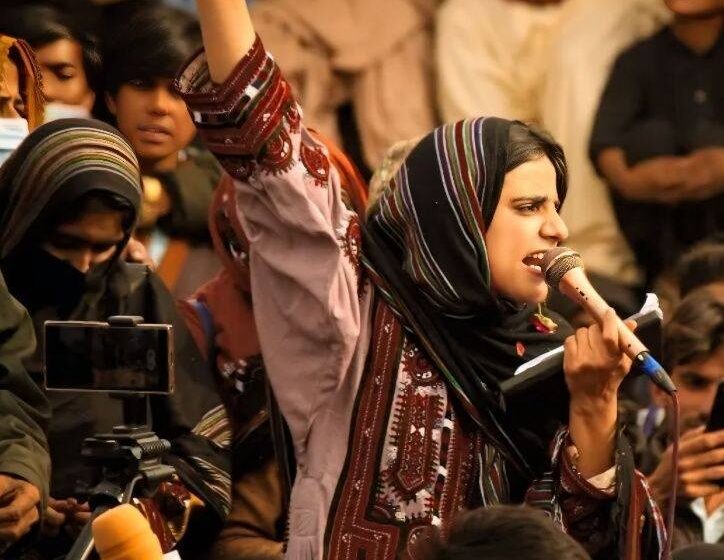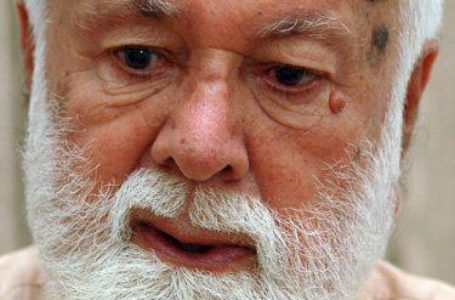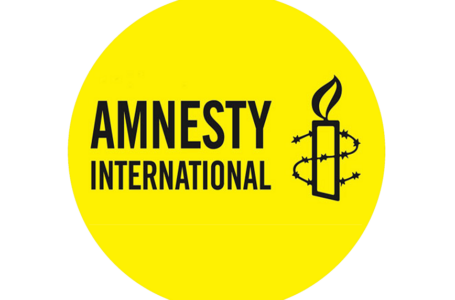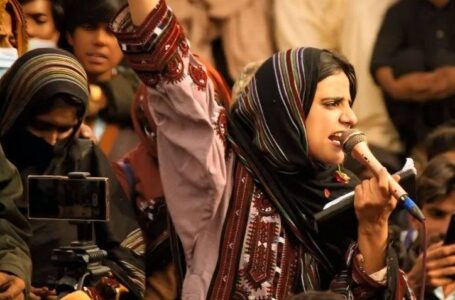Dr Mahrang’s Prison Writing: ‘Speaking Up for Justice Is Not a Crime’
Dr Mahrang’s Prison Writing: ‘Speaking Up for Justice Is Not a Crime’

SHAAL (QUETTA): From her prison cell in Hudda Jail, Quetta, prominent Baloch rights activist and physician Dr. Mahrang Baloch has penned a powerful and deeply piece that sheds light on the state’s crackdown on peaceful dissent in Balochistan.
Over two and a half months into her detention, Mahrang accuses Pakistani authorities of criminalising peaceful activism and deploying psychological warfare to silence demands for justice, dignity and rights.
Mahrang was arrested on March 22, 2025, just days after she held a press conference questioning the identities of over two dozen bodies brought to Quetta Civil Hospital following a train hijacking. The state has presented no charges beyond her remarks at that press briefing, where she drew a clear line between armed insurgency and peaceful civic resistance.
“The state has failed to produce a single piece of evidence linking me to any act of violence or criminality,” she writes. “The only ‘proof’ they cite is that I spoke to reporters.”
In her article, Mahrang recalls demanding DNA testing of 13 unidentified bodies that were buried overnight. While 12 fighters were killed in the incident and their identity was publicised the fighters organisation. However, the identity of the remaining dead remained unverified.
Mahrang alleged that the state might be using these violent episodes as cover to dispose of the bodies of forcibly disappeared Baloch men, a practice long criticised by human rights groups.
Mahrang’s international profile has grown significantly in recent years. In May 2024, she was invited to Norway by PEN Norway and the World Expression Forum, where she highlighted state atrocities in Balochistan. Her visit triggered a furious reaction from Pakistani authorities. She was harassed even in Norway by individuals allegedly connected to the Pakistani embassy in Oslo, a situation defused only by PST, Norway’s domestic security agency.
Upon her return to Balochistan, Mahrang was charged with sedition, placed on the Fourth Schedule, an anti-terror watchlist meant for suspected extremists and barred from travelling abroad. The move followed her inclusion on the TIME100 Next list of Emerging Leaders and her nomination for the Nobel Peace Prize, milestones which she says only intensified the state’s surveillance and intimidation.
“I was treated as if I had returned from an ISIS camp rather than one of the most peace-loving countries in the world,” she notes.
In her article, Mahrang warns that the state’s repression is not confined to Balochistan anymore. Referring to the recent imprisonment of former Prime Minister Imran Khan and the crackdown on his party Pakistan Tehreek-e-Insaf (PTI), she wrote: “The practices once reserved for the Baloch are now expanding… Is Imran Khan also a terrorist? Are PTI members now agents of hostile agencies?”
Mahrang asserts that the real fear of the state is not violence, but truth. “This isn’t about law; it’s about fear—their fear of our truth,” she writes.
The article also offers an intimate window into her own life. She recalls childhood visits to Hudda Prison, where her father, a rights activist, was once jailed before being forcibly disappeared. Years later, when she turned eighteen, his body was returned to the family—riddled with bullets and showing signs of torture.
“I didn’t grow up playing with toys. I grew up holding posters of my father,” she says.
This personal grief has shaped her resolve. She and other members of the Baloch Yakjehti Committee (BYC) including Sabghat Ullah Shah Jee, Beebarg Zehri, Gulzadi, and Beebow continue to demand an end to enforced disappearances, extrajudicial killings, and the economic exploitation of Balochistan.
She highlights the plunder of natural resources like Reko Diq, Saindak, and Gwadar, where billions of dollars’ worth of minerals and trade pass through, yet 70% of the Baloch population lives below the poverty line.
Despite the risks, Mahrang expresses defiance and hope. Comparing her struggle to that of Nelson Mandela and Narges Mohammadi, she writes: “We are not the first to be imprisoned for demanding peace, justice, and rights. From Mandela to Narges, we walk the same path.”
Her message resonates as a powerful indictment of systemic injustice in Balochistan and a call for international solidarity with the peaceful movement for Baloch rights.
Click on the following link to read Dr Mahrang’s article: https://time.com/7292408/mahrang-baloch-arrest-balochistan-pakistan/









